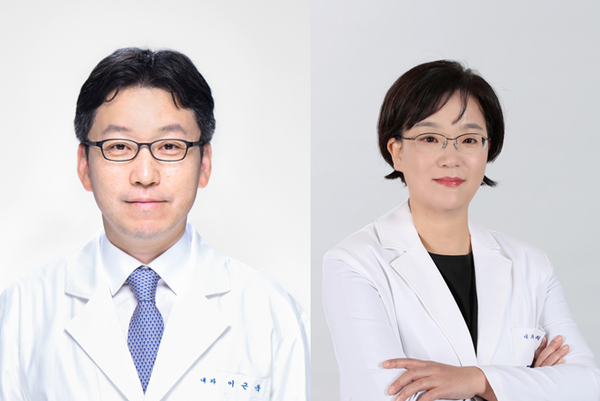A study by a Korean medical team has shown that combination chemotherapy, a standard treatment for patients with metastatic or recurrent gastric cancer, can also help improve survival in patients over 70.
Combination chemotherapy has been used mainly for younger patients due to its high therapeutic effectiveness but a high probability of side effects. It has been used only to a limited extent for patients 70 and older.
Gastric cancer, the third cause of cancer death worldwide, increases with age, and more than 50 percent of patients are 65 and over. However, there has been no clear treatment policy for elderly metastatic and recurrent gastric cancer patients due to the lack of relevant research.

Seoul National University Bundang Hospital said Thursday that its research team led by Professor Lee Keun-wook of the hospital’s Department of Hematology and Oncology and Professor Choi In-sil of the Department of Hematology and Oncology at SMG-SNU Boramae Medical Center, compared and confirmed the effectiveness and safety of combination and monotherapy chemotherapy in 104 patients with metastatic or recurrent gastric cancer 70 years or older from 2014 to 2019.
The study found that the median overall survival in the combination group was 11.5 months, compared with 7.5 months in the monotherapy group. Although the difference in survival did not meet statistical significance due to the enrollment of fewer patients than initially targeted, the team said the difference was meaningful from a clinical perspective.
Specifically, when comparing only patients aged 70 to 74, the difference in survival was more than twofold: 15.9 months vs. 7.2 months for the combination and monotherapy groups, showing a difference of 8.7 months.
In addition, progression-free survival, an important metric in cancer treatment, was 5.6 months in the combination group, nearly two months longer than in the monotherapy group, with statistical validity.
Although the frequency of some adverse events, such as thrombocytopenia and diarrhea, was higher in the combination group, the frequency of grade 3 or higher serious adverse events was similar, and there were no differences in quality of life questionnaires, the researchers said.
In conclusion, the combination of cancer drugs appeared effective in older patients, especially if they were 74 or younger.
"Previously, the prescription of combination chemotherapy was often limited due to the lack of relevant comparative clinical trials in patients aged 70 years and older," Professor Lee said. "As life expectancy has increased, the number of older patients with gastric cancer has also increased, and this study may expand the scope of combination chemotherapy to provide more effective treatment.

